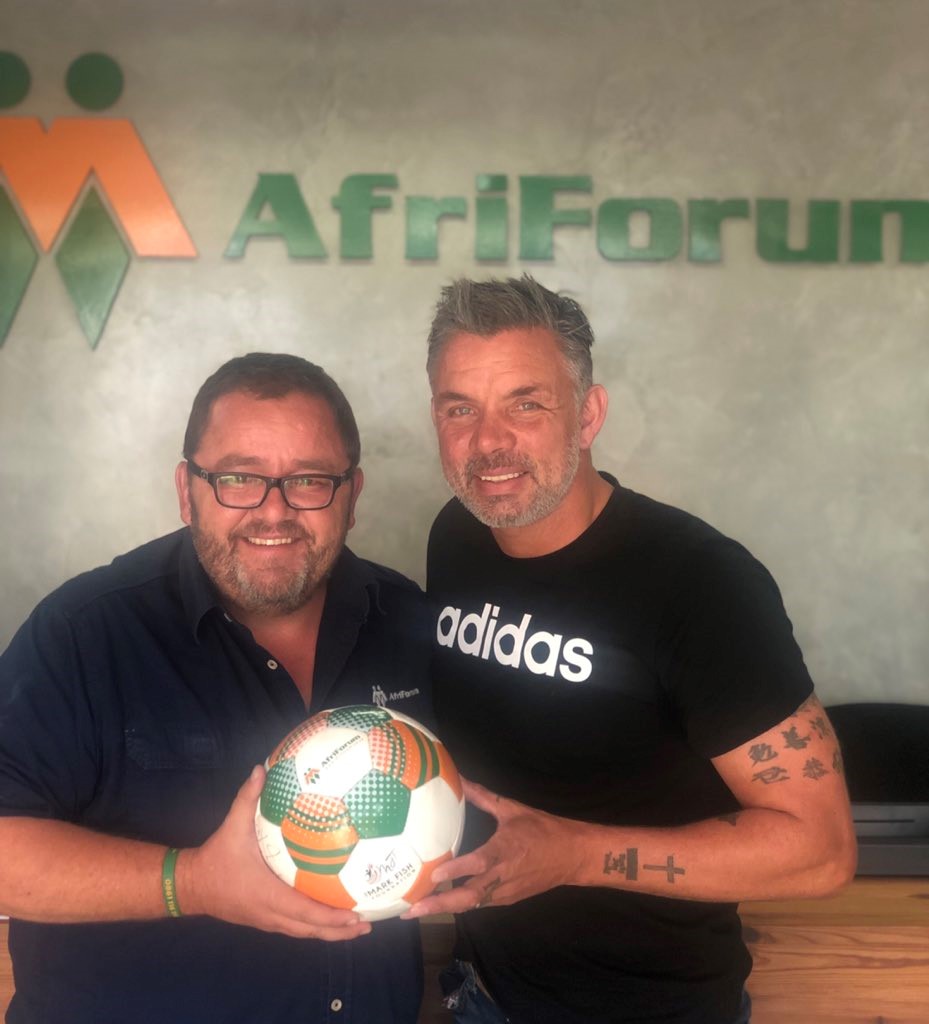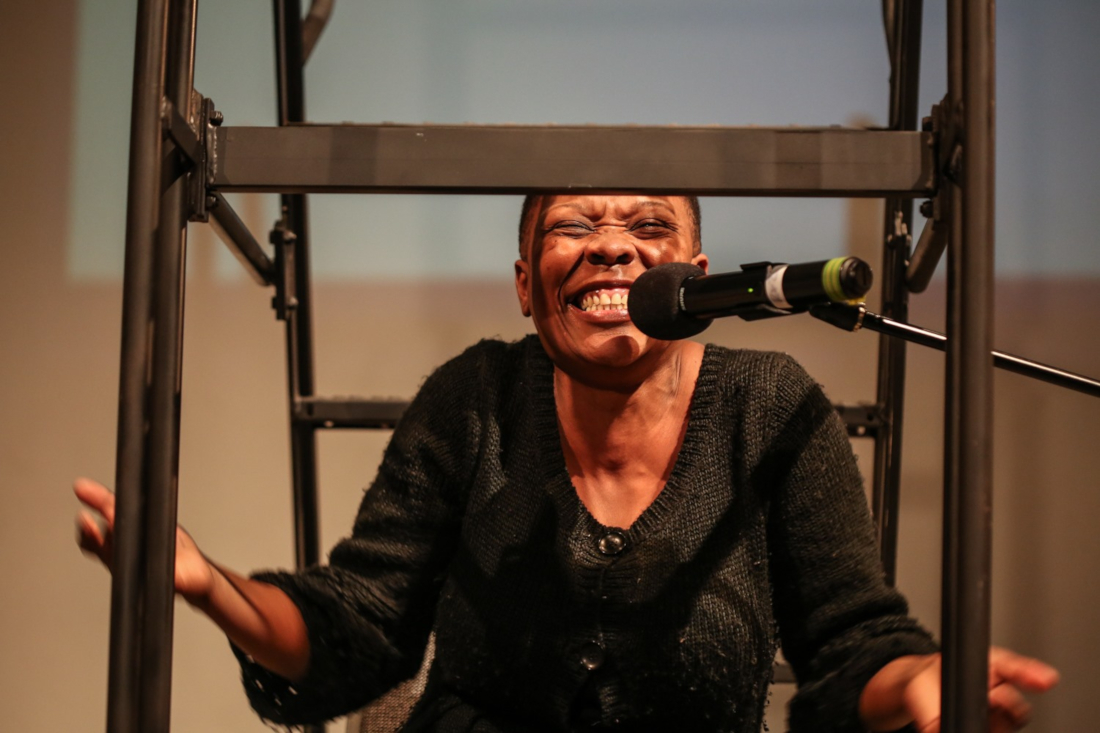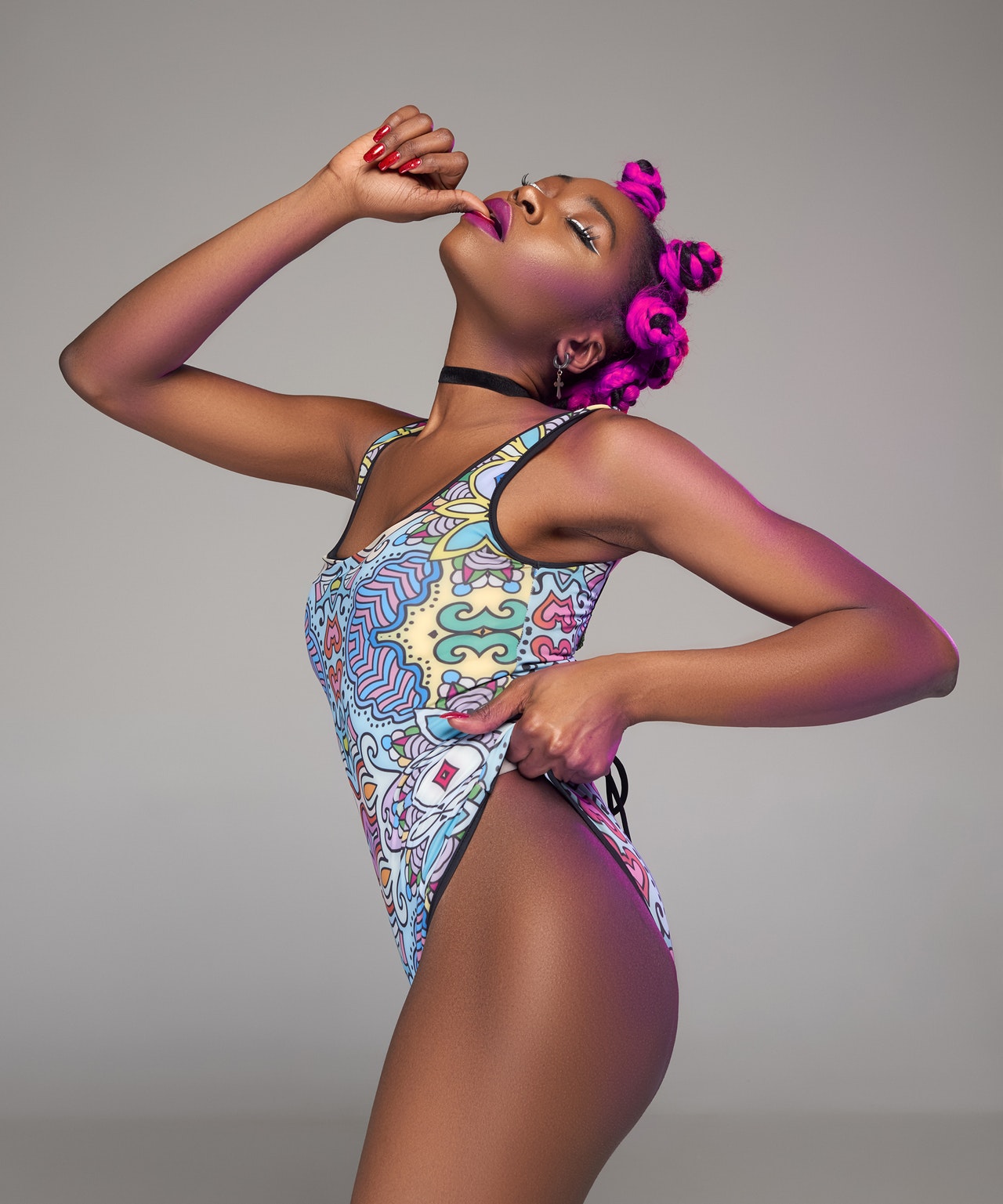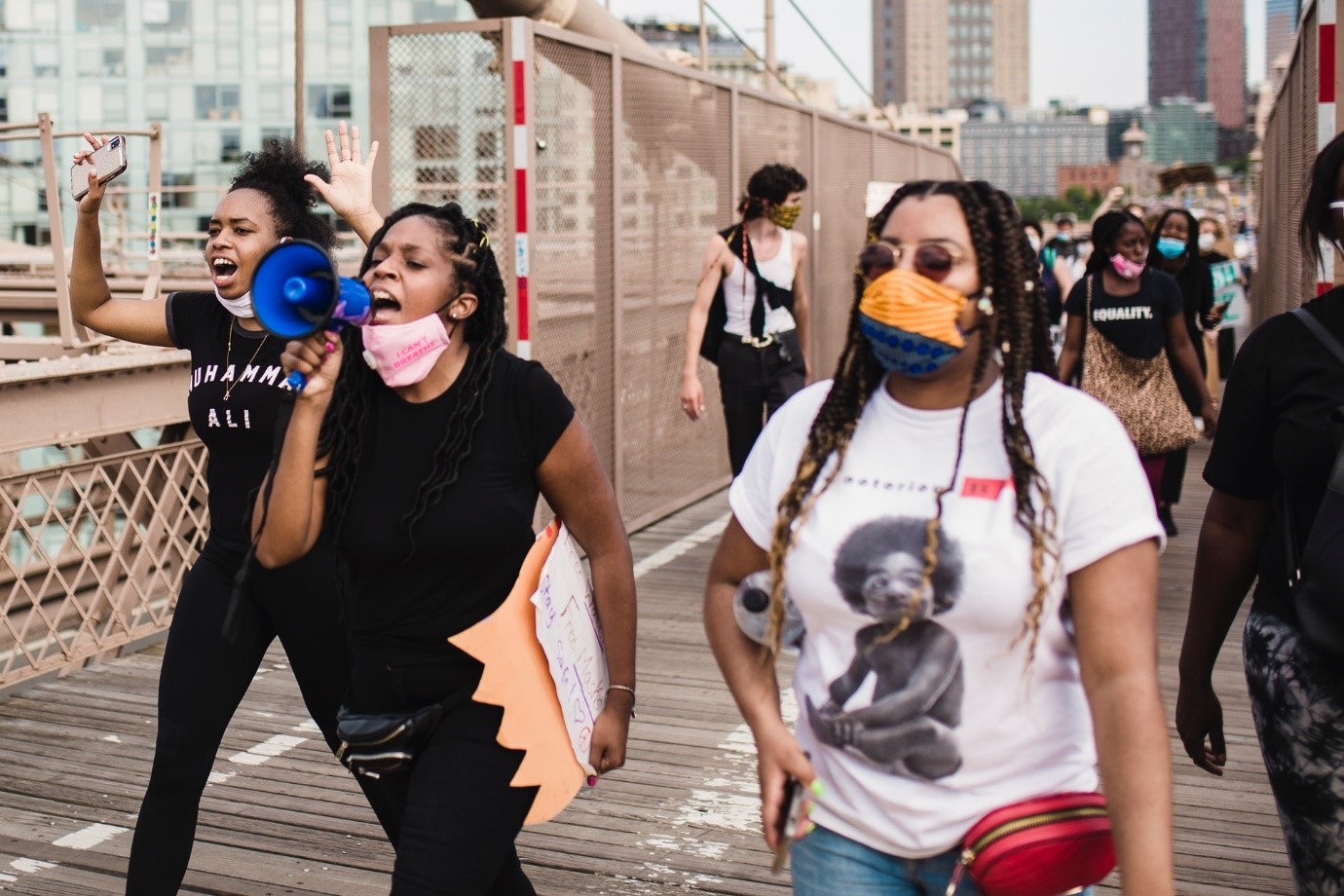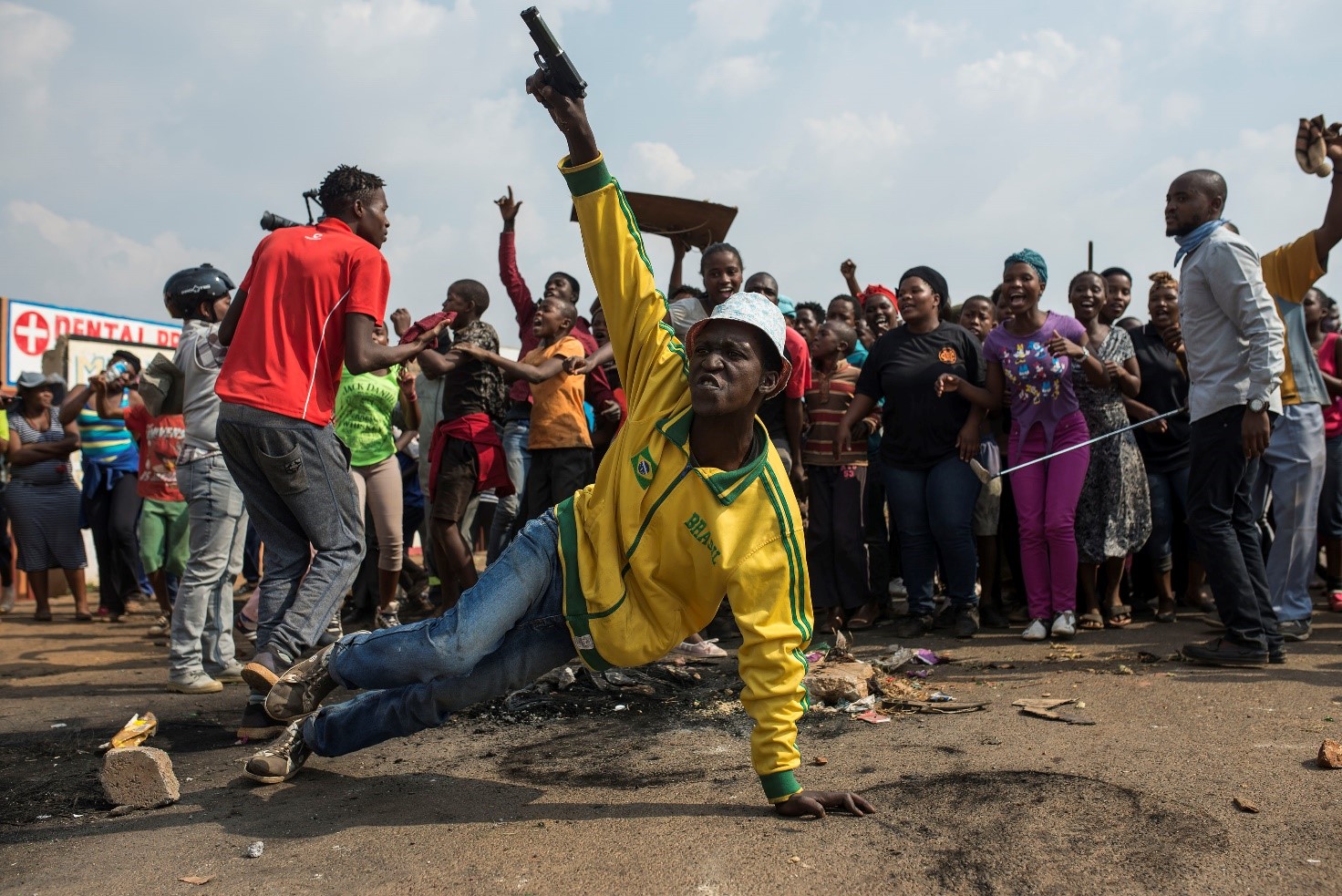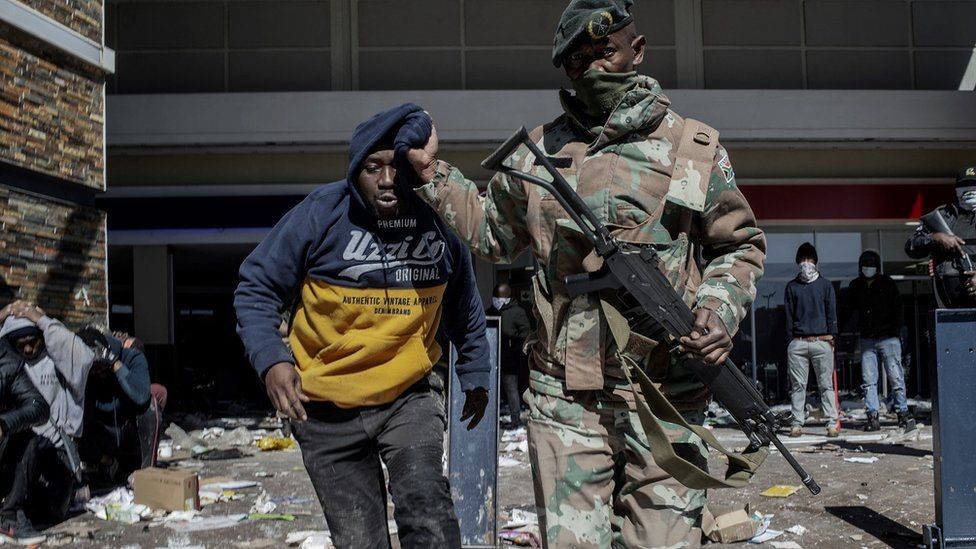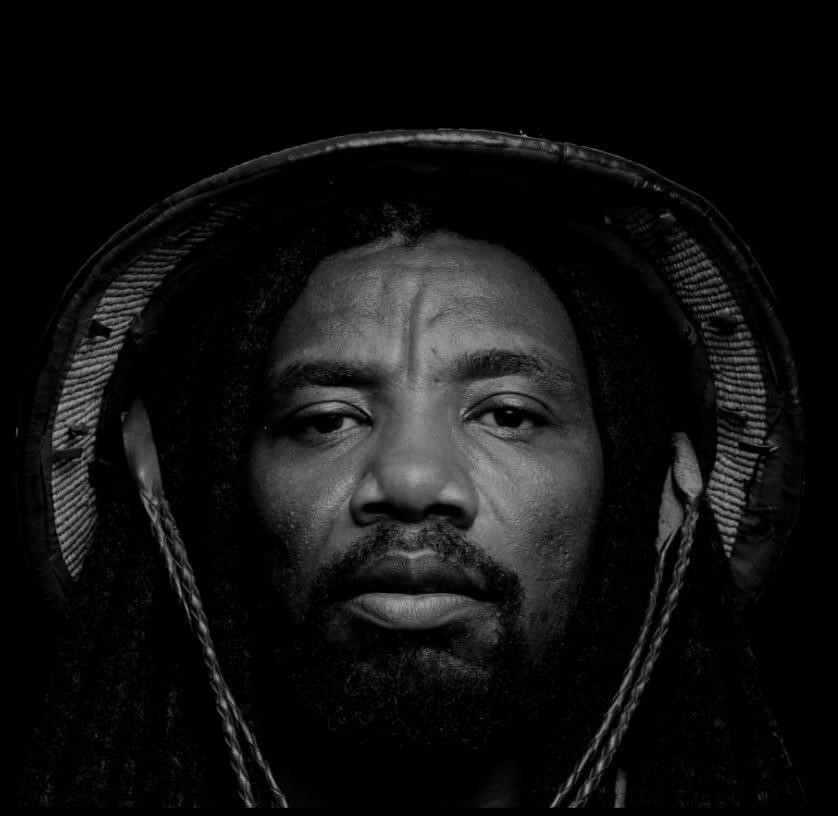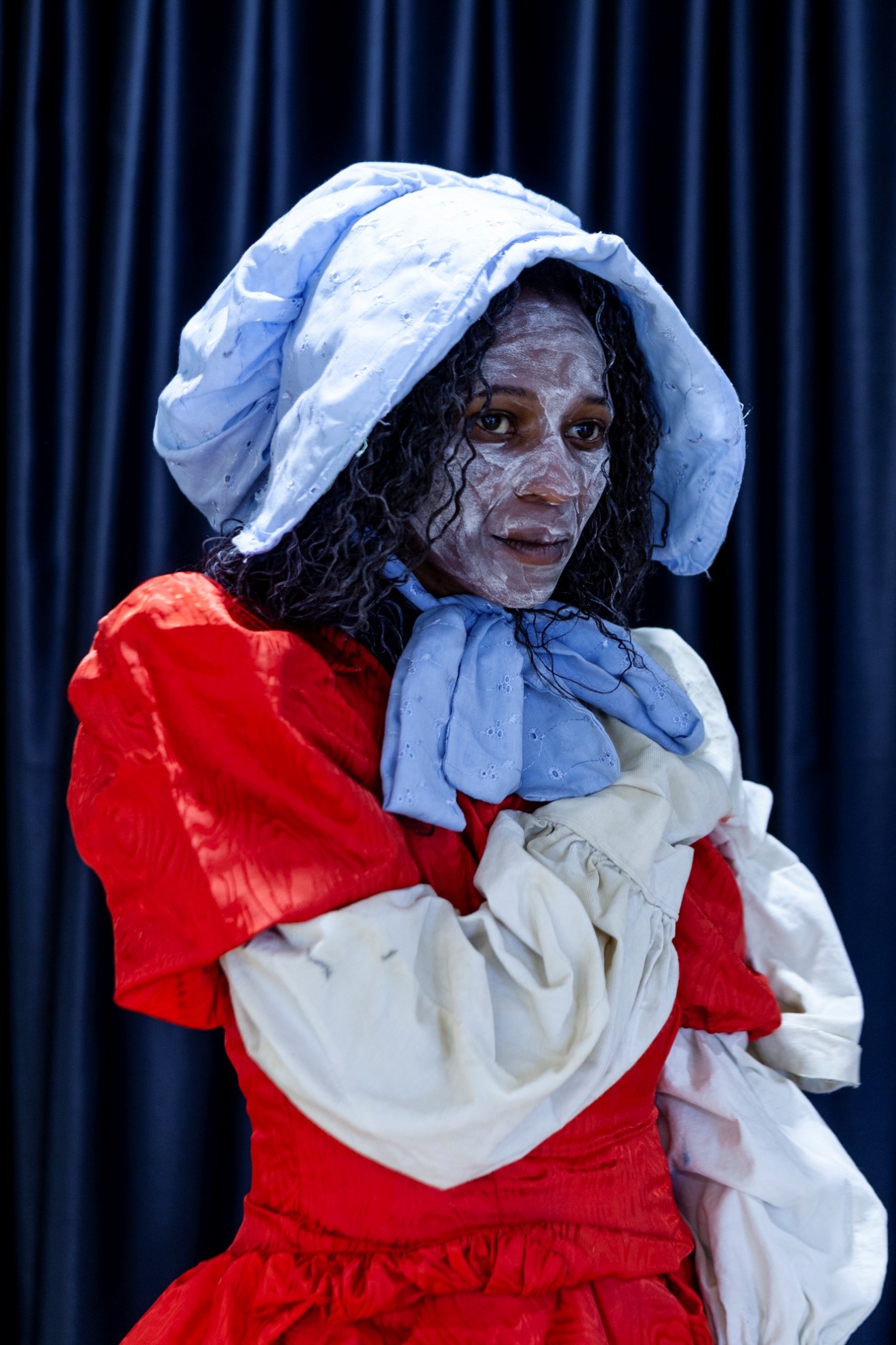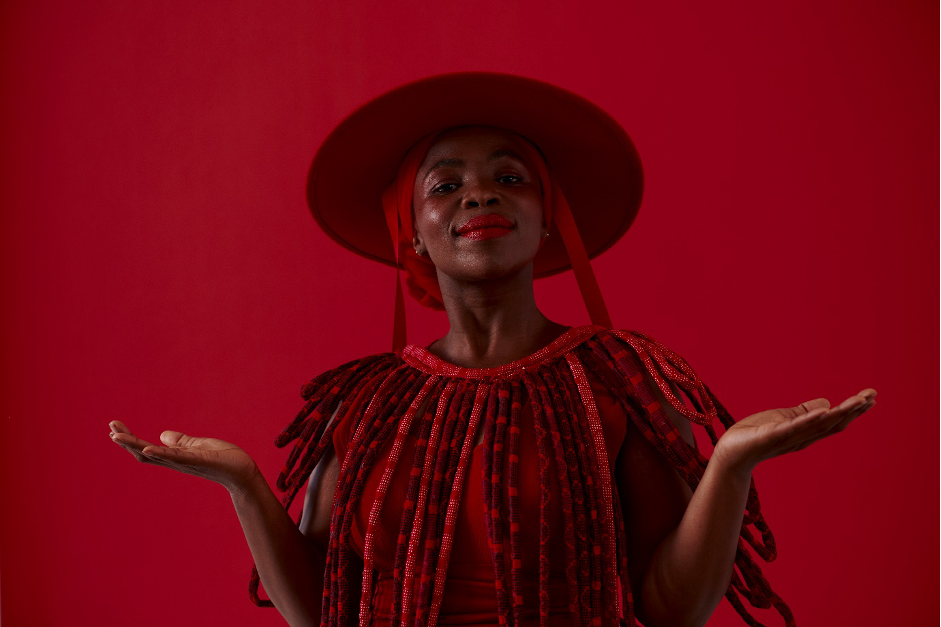59 years ago, a whites-only referendum decided whether South Africa should become a republic. Indeed, 1961 would see a quasi Afrikaaner Republic conceded by the Empire. Its emergence brought no changes to the thorny franchise issue. Let alone, the National Question. However, with the policy of establishing Bantustans, the remaining black representation in the Senate waned until it was completely removed.
Bantustans, you could say, were a form of sophisticated 1936 Hertzog Natives Representative Act. The wet dream of a federated tribal-based colony (just this time, we would not be colonized by a sophisticated English Empire, but by the more recent white peasant Boers). Something that goes as far back as Sir George Grey, I argue. A story for another time.
Back to Hertzog picking the cudgels where his ancestors left them, and ultimately seeing that Grey's fantasy perfected by the Nationalist Party: Hertzog curtailing Native Representation into a toothless hand few was a way to deal with the incidence of 1850s over 40% representation of Natives in Parliament in the Cape. A backlash of outlawing formal slavery in the 1830s. Another thing you could say is that after the empire had swollen up its belly with natives’ sugar plantation sweet tears, packed its girth ballooning with our bloody dripping succulent misery, our 'finger licking good' carnage, and spicy sweat catchup of slavery, the empire did the next best savage thing to do. It flushed our native identities, parceling us, in that vacated placeholder, its own British subjecthood. If we cleaned up our predatory kaffir ways, and secured recognizable titles in the manner that appeased white sensibilities, we could vote.
That was the Empire's iron fist in velvet gloves. We could have a say in how we 'wished' to be run, but only if we are run as British subjects. In sum, we could be the queen's adopted children. (Which, in very unnerving ways, continues to this day. We see it when our elected sovereign heads of state go bow down to the queen of England). Something that saw Dutchkaaners trek furthest from the Cape. To establish themselves in what could be called, an 'earlier version of what we think of today when we think Orania'. Where, consequences of irresponsible whites, that the British had become, by outlawing slavery too quickly, would not be felt. At least not packaged in the kind of vulgarity that advocated for black and white equality. And indeed, in Transvaal and Orange Free State, even after the English and Boers had kissed and made up about the spoils of the 1909 Union to keep , such madness, as had been let to run rampant in the Cape - the equal franchise shared among Blacks and whites - would only be limited in the Cape. And, even that, would keep waning: from Hetzog Representative Native Act. To the setting up of Bantustans.
Now, when you pause and think about it. The black agenda - in its 'civilized' or in the hands of educated Blacks, in its expression of propertied Blacks who hold tenure in keeping with white sensibilities - has always been welcomed in white power corridors. It has never been an utter no-no for whites to countenance the Black agenda. So long as it stays within parameters of white imagination and white terms of engagement. (Parliament being one of those terms). What the then corridors of white power, Parliament, sort to do, by trimming off some troublesome overflows of Black fat, skimming the educated top, was to try contain the natives' potential to go full blown predatory K. A. F. F. I. R on nice white time.
Whites that were left by the trekking Dutch in the Cape - a group of peasant trekkers who possessed slaves (our Khoi brothers and sisters who had been 'primitively accumulated' and turned into property) - those whites who didn't join the trekking chorus, responded differently to their feeling the pinch of too many natives qualifying for the franchise. As a way to limit the native representation, they upped the entry point of €25 and honorary white status requirement (or recognizable ownership of titled property), to €75. And since then, it has been a spiraling down road to 1948. 1948? When the children's children of the trekkers had a church and administrative power carte blance to go the full-monty. Go the savage route: under developing us to develop themselves. They called it: separate development. And the Bantustans were a project consistent with its (separate development) "separateness" and "developmental" characters. In 1994, they found another way to keep us contained. Give them a black face in office, but run things as of yesterday. With that plan rolled out in the Democratic vote project, White power resolved its contradictions. Biko saw that coming. And warned us. Integration should not be worked for. Biko, the prophet, said. It will follow justice as the cart follows the horse, I paraphrase one of the 7 points in SASO manifesto. Indeed, Reconciliation without justice remains the post '94 abortion clinic, where our aspirations suffered the wager between 'choice' and 'life'.
We, today, in uncanny ways, live in an incubator of 'choices' we didn't make. We are stillborn of the world's most lauded constitution, a written testimony by a confident alibi to our dispossession. A pocketbook and manual for the most unequal society in the world: us.
Now I want to ask, if the black agenda, whatever it or its proponents claim(s) to be, if it were to be genuinely represented in Parliament today, let's say by a worthy radical black, one with integrity and 'kliye' attributes, one who puts Malema's wishy-washy and flippy-floppy rhetoric to shame, for instance. What would make that new wine, to use a metaphor, in old wine skin of Parliament, hold? (You know what they say about new wine in old wine skin? The container breaks/ruptures, and the wine spills, becoming literally soiled. Undrinkable. Useless.) Back to my question. How would that set up be fundamentally different to 1936 Hertzog Native Representative Act that saw expressions of the Black agenda, of the time, mouthed by honorary whites in Parliament? How would a handful of genuine Blacks, vying for Parliament, assuming they even exist in the new colonial setup, be on a path markedly different to one that saw Bantustan leaders grant legitimacy, in their being separate in form but collaborating in content (collaborating with the logic of white racism), to the very illegitimate imposter they sought to undo and unravel?
Caution: don't be too quick to think that the Bantustans were a total failure. If you think about where we are 25 years later, and how people cried when Mangope died, South Africa and Bantustans are a thin line between manufactured love for 1994 betrayals - South Africa, and the hated flag independence of Bantustans. As we know it, the post ' 94 project, is a little more than a thinly veiled Bantu Stans put together, if veiled at all. Yes, a national assembly of Bantu Stans in Parliament. A Bantustan ran by a far much more hidden anti-black caucus. One that rations our stillbirth life-support in Parliament incubations. In intervals of five-year cabinet incubations. In Media soundbite incubation. And the sacrosanct fraud we call the judiciary? (study the Apartheid Museum case, you will know what a "cesspool of malfeasance our lauded judiciary is).
Are we even attempting to take lessons from pitfalls littered in the path of our ancestors, are we learning from their failures and pushbacks?



